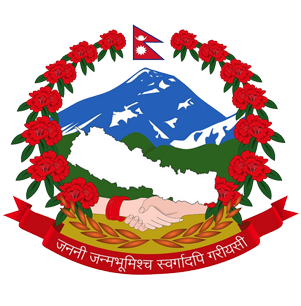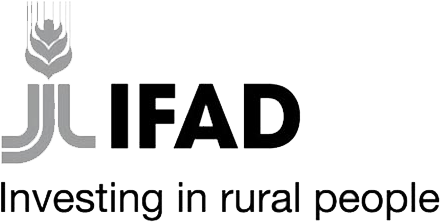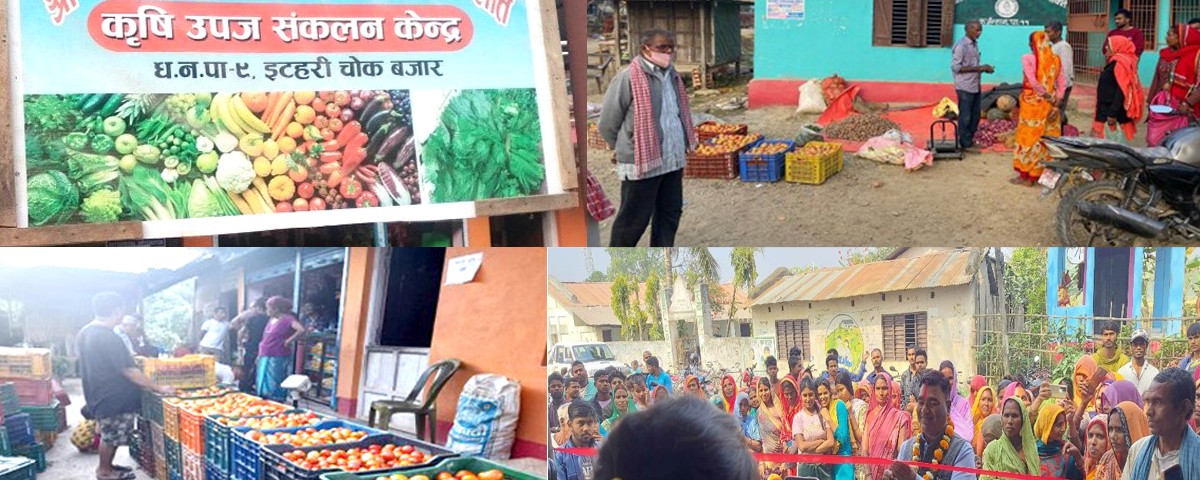- Lokendra Rawal (Vegetable Supply Chain Lead)
In a bid to improve the livelihoods of rural farmers, a cooperative-led revenue generation model for collective marketing has been initiated in several clusters SAMRIDDHI working areas. The first vegetable market was launched in Belhara Dhankuta, with Jalpadevi Agriculture Cooperative leading and around 480 households participating. Since its inception in Sharwan 7, 2079, the market had started covering 25 households. Now the outreach has been increased and total of 8 local collectors and wholesalers have been conducting buybacks of total vegetable produce from the collection center.
The initiative has also seen the establishment of farmer welfare funds, with farmers and traders contributing some amount in per carat or per KG and per transaction, respectively. To date, around 220,000 rupees have been deposited in the welfare fund, with five people being employed as a result at Belhara cluster. Other markets have been established in the Bagaha cluster of Karjanha Municipality in Siraha, the Gautampur cluster of Harinagar Rural Municipality in Sunsari, and the Dhangadhimai Municipality in Siraha.
The Rural Enterprises and Remittances Project (RERP) has been facilitating the collective marketing initiative, providing technical and financial support to cooperatives. RERP has also supported the preparation of collective marketing operational and management procedures, which have been passed by the general assembly of the cooperatives. The respective Palikas and wards have also been supporting the cooperatives in regulating the market effectively, while Karjanha and Dhangadhimai Palikas have provided financial support for constructing market sheds and buying necessary goods.
Previously, farmers would sell their goods individually or at weekly haat markets, which led to low prices, increased expenses, and unhealthy competition. With the collective marketing initiative, farmers sell their goods from their clusters, receive a uniform price, and build mutual relationships with traders. The initiative has also led to record-keeping of sold agricultural goods, increased decision power, and the development of a market demand-based production system.
The success of the initiative has shown the potential for cooperative-led collective marketing to boost the income of rural farmers and promote sustainable agriculture practices. With continued support from the government and donors, this model can be replicated and scaled up to benefit more communities across Nepal.





